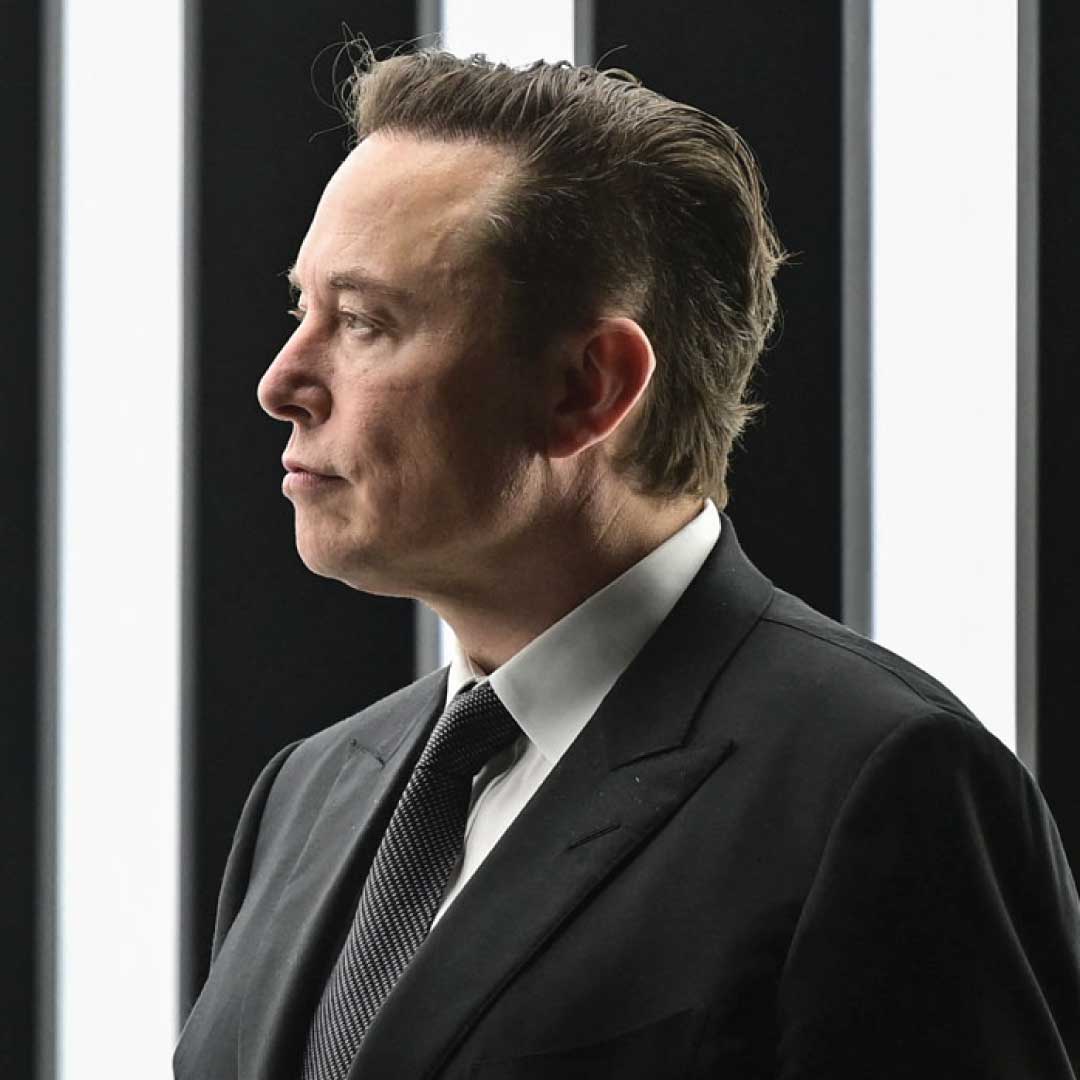Following Twitter’s failure to provide sufficient details regarding the number of phony accounts, Elon Musk declared on Friday that he will withdraw his contentious $44 billion offer to purchase the social media platform. The Tesla CEO would be sued by Twitter to uphold the agreement, and it responded right away.
The potential collapse of the deal was just the most recent development in a tale between the richest man in the world and one of the most powerful social media sites. This signals the beginning of a tough court struggle that is sure to be a hit.
Following the development on the ground, The business man might have agreed to pay Twitter a $1 billion breakup fee. However, it appears prepared to fight to complete the acquisition, which the company’s board of directors has approved and CEO Parag Agrawal has adamantly stated he wants to.
Elon Musk Concerns
Much of the turmoil around the deal was expressed on Twitter, with his over 100 million followers, bemoaned Twitter’s underperformance as a free speech site.
his lawyers said in a document that Twitter has refused to give their reply to several requests for information on phony or spam accounts on the site, which is vital to the operation of the company.
The filling said: “Twitter is in material breach of multiple provisions of that Agreement, appears to have made false and misleading representations upon which Mr. Musk relied when entering into the Merger Agreement.”
Read Also : Flutterwave Denies Money Laundering Allegations
All of this comes after Twitter last month gave Musk access to its “firehose,” a database of unprocessed data on hundreds of millions of daily messages.
The billionaire had proposed to purchase Twitter for $43 billion in April in an effort to privatize the microblogging service. Later, he consented to pay $44 billion to buy the platform.
Further Claims To Back His Withdrawal From Twitter Deal
In Musk’s tweet, he said: “Twitter deal temporarily on hold pending details supporting calculation that spam/fake accounts do indeed represent less than 5 percent of users.”
Additionally, Musk’s attorney claimed that Twitter violated the agreement when it let go of two top managers and reduced the size of its talent acquisition team by one-third.
He claimed that the terms of the sale deal obliged Twitter to “seek and obtain consent” before departing from its regular course of operations. It is stated in the letter that Twitter had to “preserve substantially intact the material components of its current business organization.”
In a letter to Twitter’s board, Musk attorney Mike Ringler lamented that his client had for nearly two months sought data to assess the prevalence of “fake or spam” accounts on the site.
According to the letter: “Twitter has failed or refused to provide this information. Sometimes Twitter has ignored the entreprenuer requests, sometimes it has rejected them for reasons that appear to be unjustified, and sometimes it has claimed to comply while giving Mr. Musk incomplete or unusable information.”
The entreprenuer added that the data is essential to Twitter’s operations and financial operation, and is required to complete the deal. The chairman of the board in response tweeted: “The Twitter Board is committed to closing the transaction on the price and terms agreed upon with the business man and plans to pursue legal action to enforce the merger agreement. We are confident we will prevail in the Delaware Court of Chancery.”
Between Twitter and Tesla
When compared to Tesla recently, Twitter doesn’t seem to do as well. Twitter’s shares dropped 5% on Friday to $36.81, much less than the $54.20 Musk agreed to pay. Tesla’s shares, meanwhile, increased by 2.5 percent to $752.29 per share. Even after the market closed, Twitter’s stock kept falling. Musk’s letter was available to the public, while Tesla’s stock increased.
Twitter said, that it eliminates 1 million spam accounts per day. Less than 5% of its active user base each quarter is made up of accounts. In order to determine whether an account is legitimate, Twitter claimed to review “thousands of accounts” chosen at random, using both public and private data, including IP addresses, phone numbers, locations, and account behavior when active. This process is done in order to determine how many accounts are malicious spam.
According to several stories at the time, Twitter reportedly gave Musk access to its “fire hose” of raw data on hundreds of millions of daily tweets last month. However, Musk and the company have not verified it.
People’s Opinion
The President of Media Matters, a sympathetic nonprofit watchdog organization in the person of Angelo Carusone, has criticized Musk’s Twitter bid, saying: “Despite what Musk may claim, this deal isn’t ending because of Twitter bots or spam accounts. This deal is collapsing because of Elon Musk’s own erratic behaviour, the embrace of extremists, and bad business decisions.”
Wedbush analyst Dan Ives made a prediction on what is going on. In his note to investors, he said: “This is a disaster scenario for Twitter and its board.” He anticipated a protracted legal battle by Twitter to either obtain the $1 billion breakup fee or get the arrangement restored.




